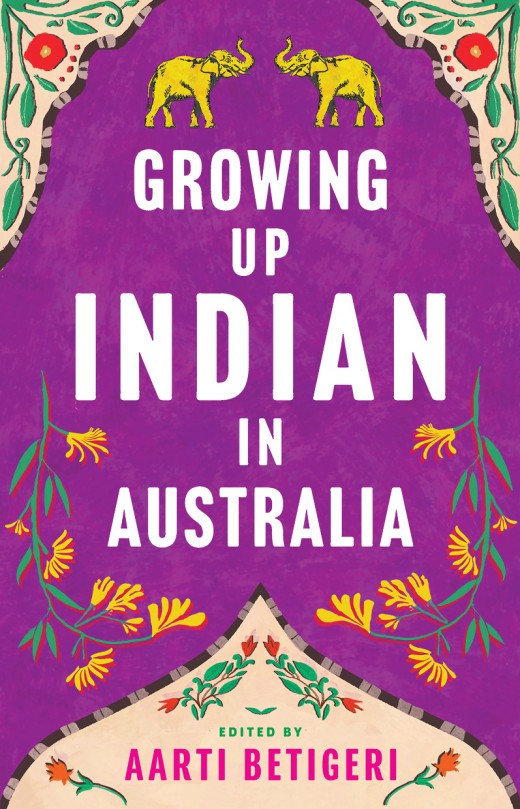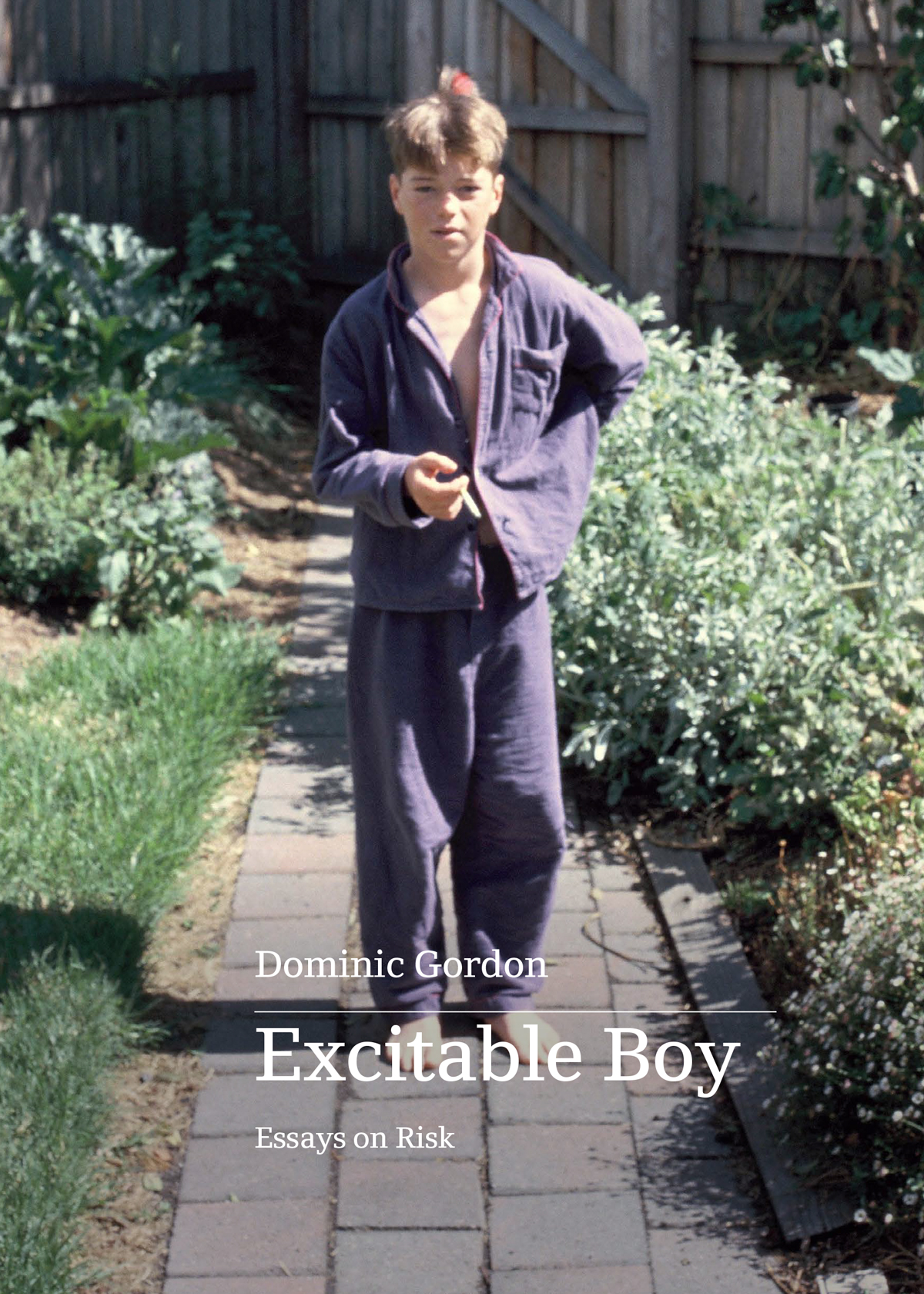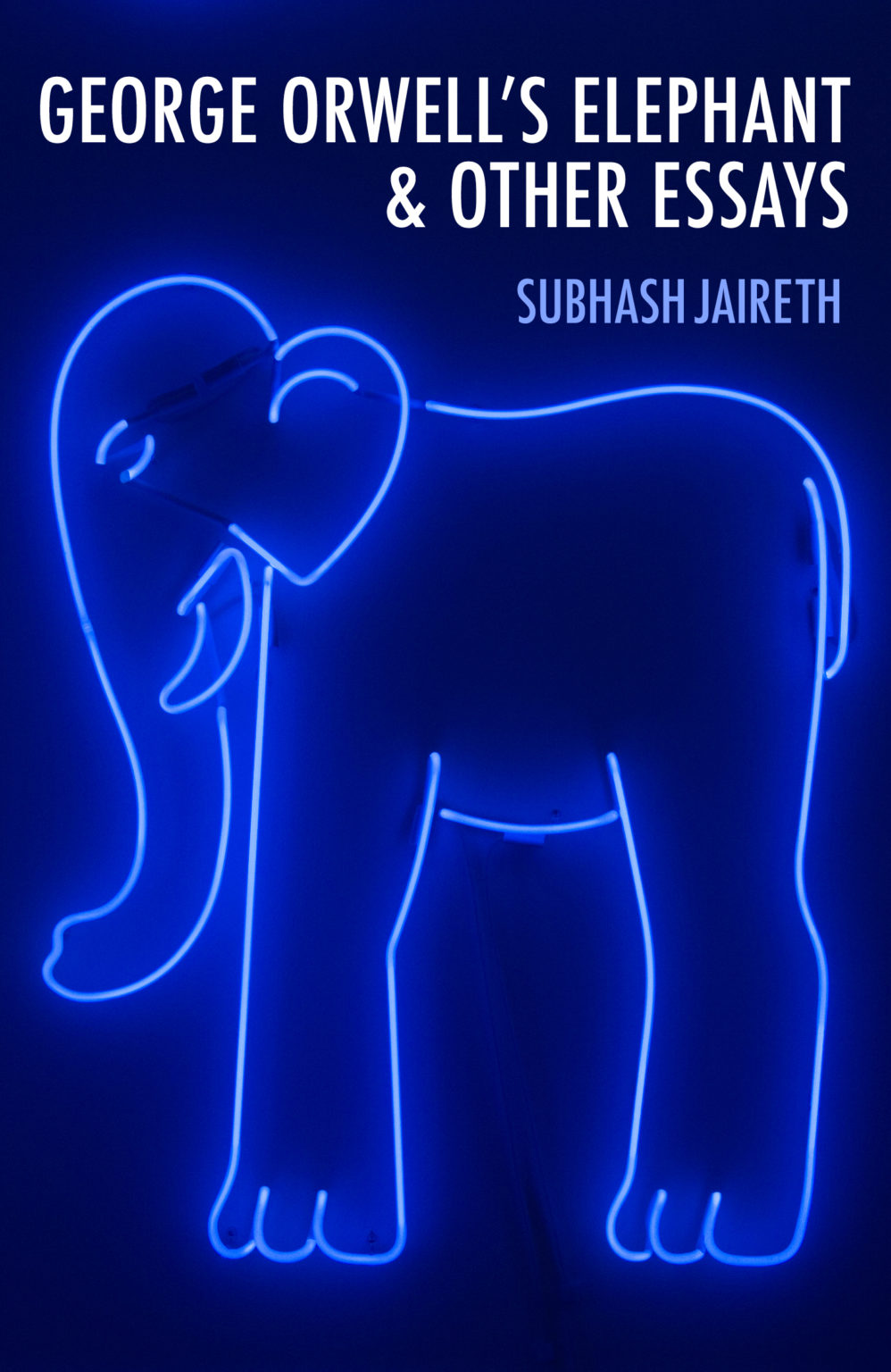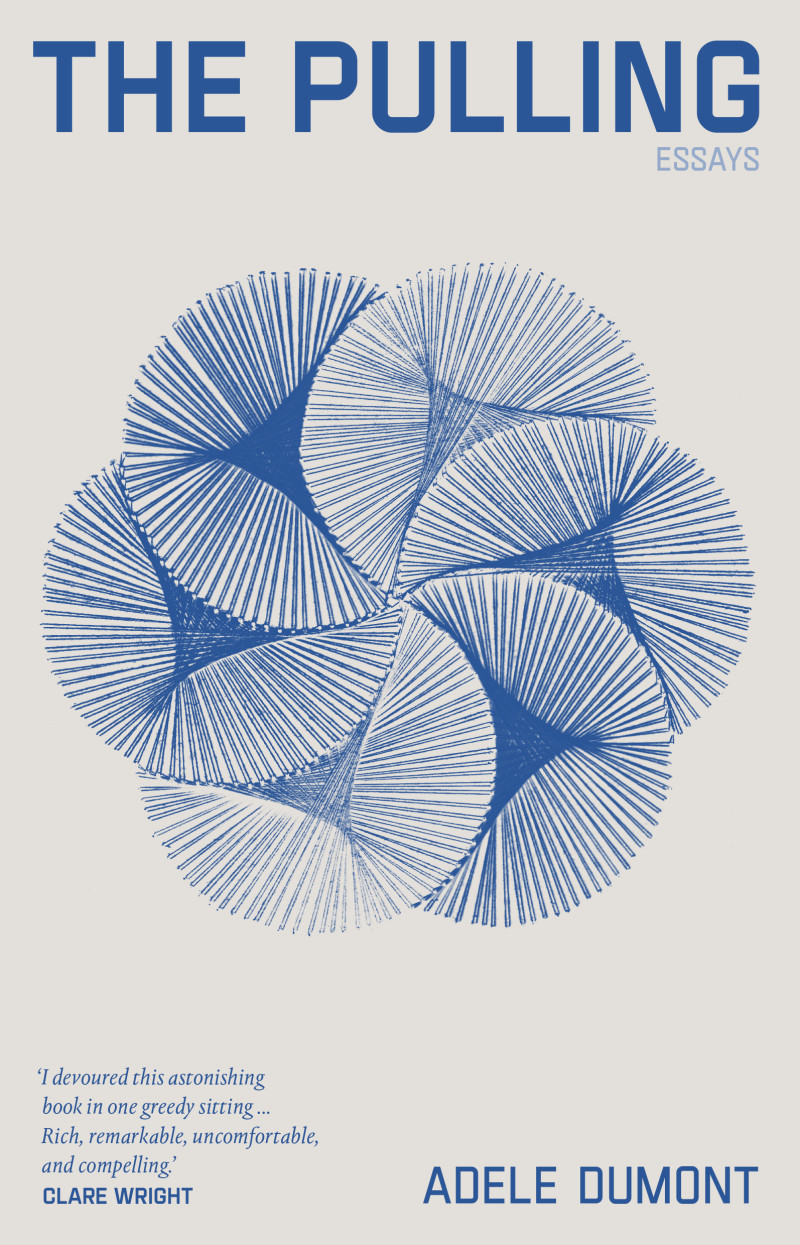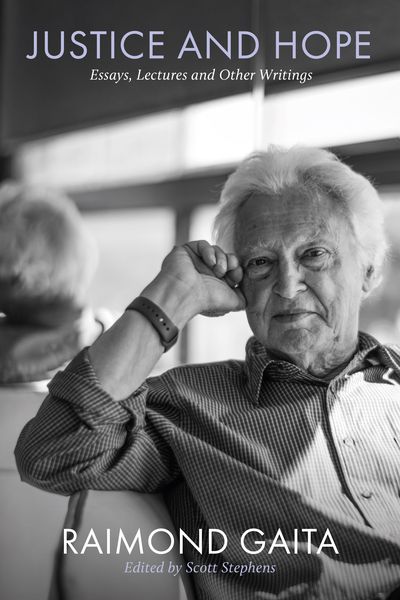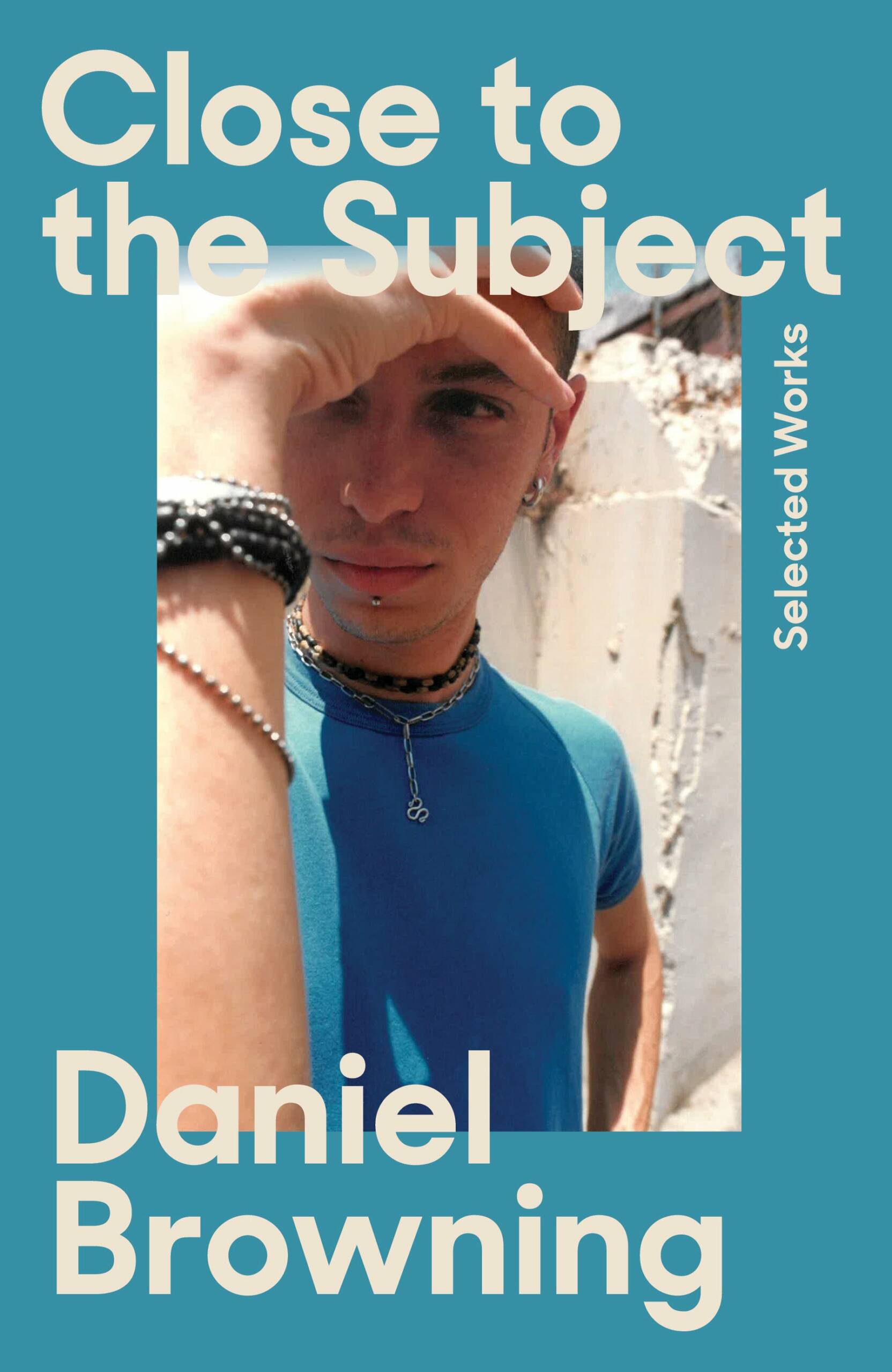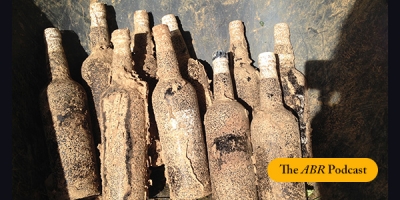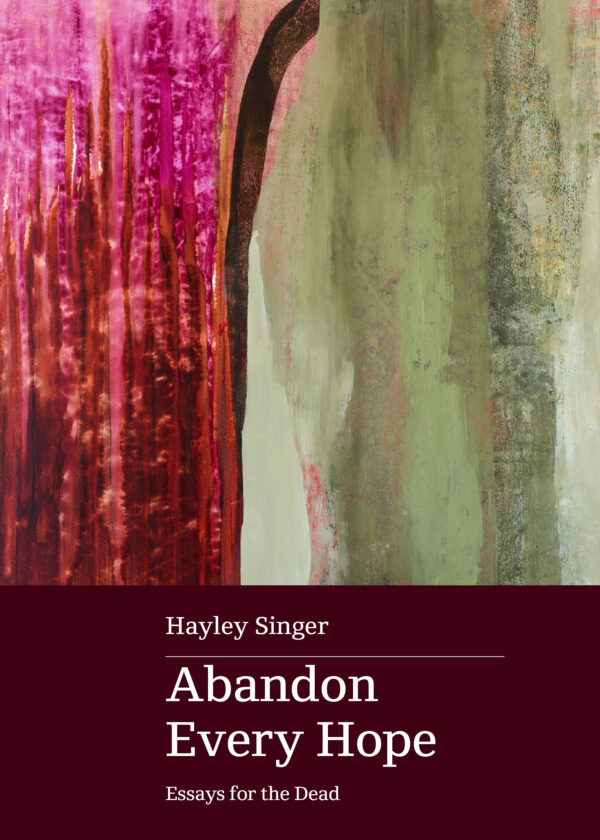Essays
Film | Theatre | Art | Opera | Music | Television | Festivals
Welcome to ABR Arts, home to some of Australia's best arts journalism. We review film, theatre, opera, music, television, art exhibitions – and more. To read ABR Arts articles in full, subscribe to ABR or take out an ABR Arts subscription. Both packages give full access to our arts reviews the moment they are published online and to our extensive arts archive.
Meanwhile, the ABR Arts e-newsletter, published every second Tuesday, will keep you up-to-date as to our recent arts reviews.
Recent reviews
Justice and Hope: Essays, lectures and other writings by Raimond Gaita
by Frank Bongiorno •
The Things We Live With: Essays on uncertainty by Gemma Nisbet
by Francesca Sasnaitis •
This week on the ABR Podcast we feature the 2023 Calibre Essay winner, ‘Flow States’, by Tracy Ellis. ‘Flow States’ begins with a single drop of water produced by a household tap left running. From here, Ellis crafts a tale on the obliterative power – real, existential, and metaphorical – of floodwater. Tracy Ellis, a Sydney-based editor, was the winner of the 2022 ABR Elizabeth Jolley Short Story Prize and thus becomes the first writer to win two separate ABR prizes. Listen to Tracy Ellis read ‘Flow States’. ... (read more)
Admissions: Voices within mental health edited by David Stavanger, Radhiah Chowdhury, and Mohammad Awad
by James Dunk •

